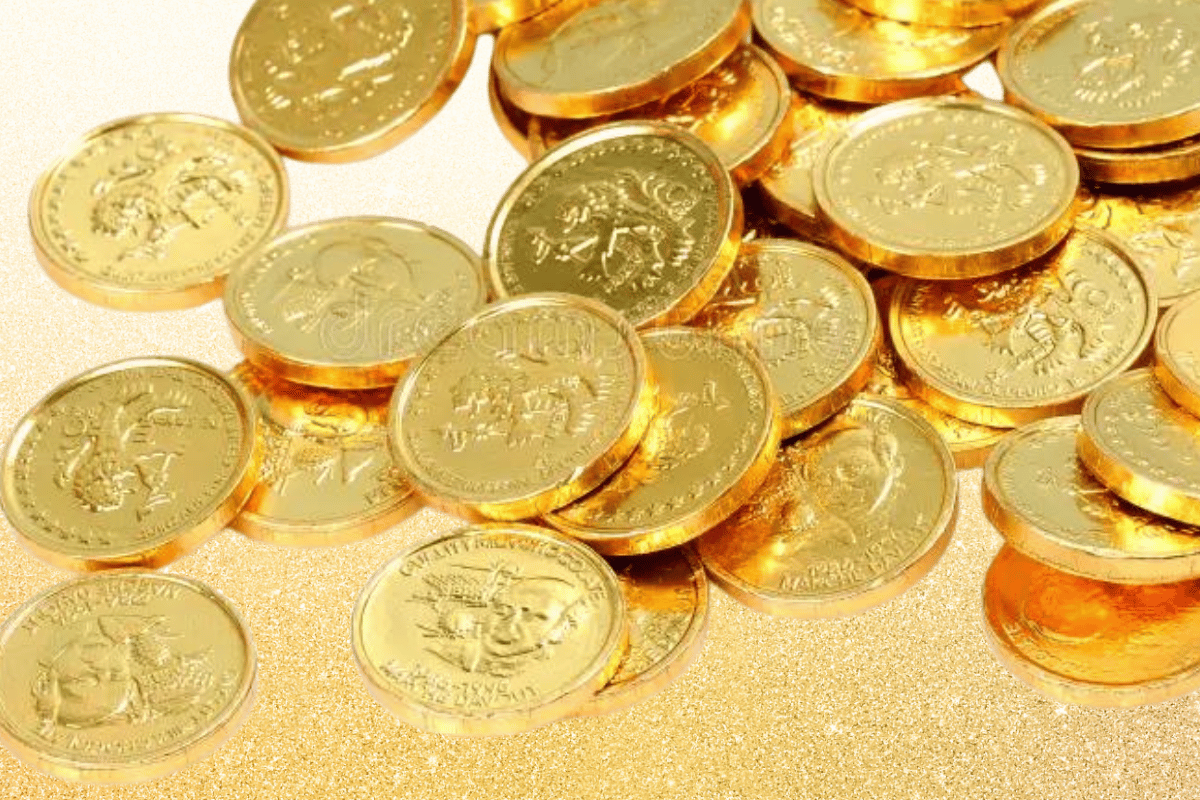At Emperor Akbar’s court, Birbal was a knowledgeable minister. Even the trickiest difficulties were always solved by him, who was renowned for his brains and wit.
The brother-in-law of Akbar had intense jealously for him. He pleaded with Emperor Akbar to replace Birbal with himself and do away with his services. He provided enough of confidence that he would show himself to be more competent and effective than Birbal. As agreed, Birbal left his job.
Being less astute than Birbal, the new minister quickly found himself in a challenging circumstance. Akbar had given him three hundred gold coins, instructing him to spend them such that the emperor would receive one hundred gold coins in this life, one hundred gold coins in the next, and one hundred gold coins neither here nor there.
Puzzled was the new minister. Nothing came to him. Worrying over the issue kept him up at night; his incessant rounding was driving him insane. At last, his wife suggested that he ask Birbal for assistance. After promising to support the new minister, Birbal devised a plan right away. Birbal took the 300 gold coins and proceeded to the market to purchase food and clothing for the underprivileged valued at 100 gold coins. He then presented the remaining hundred gold pieces that the emperor had given to a wealthy merchant who was celebrating his son’s wedding.
The merchant was so moved by the gift that in return he showered Birbal with costly presents. A bag of gold money—exactly the hundred gold pieces Akbar had requested—was one of these presents.
He planned a dance and music performance when he got back to town. On it, he used the last hundred gold coins. The following day Birbal went before Emperor Akbar and declared that he had completed all the Emperor had instructed his brother-in-law to undertake. Inquiring as to his method, Emperor Akbar waited.
“The money I gave to the merchant for his son’s wedding – you have got back while you are on this earth,” Birbal replied after going over the events one again. You will get the money I spent on clothing and food for the underprivileged in the other planet. You will not receive the money I spent on the musical performance either here or there.
Still true today is this. Spending money on friends is always matched or returned in some way. Donations become blessings from The Almighty that you own forever. Pleasures only waste money, and you will be held accountable for wasting it in the hereafter! The lesson of the story is the need of using our money sensibly. Spending money should be done so to benefit us in this life as well as the next.
What we have learned from the story:
- We should give liberally of our money, the narrative tells. We are benefiting ourselves when we assist others.
- The narrative also imparts to us the need of financial caution. We ought not to spend money on unimportant or long-term unproductive items.
- We should use our money creatively, the story tells. There are several approaches to use money for the good of others and ourselves. Imagining outside the box should not scare us.
Some specific examples of how we can apply these lessons in our own lives:
- Whether we give to a charity, give of our time, or assist a friend or family member in need, we can be giving with our money.
- Budgeting our spending, saving for the future, and avoiding impulsive purchases are ways that we can manage our money.
- Investing in ourselves, launching a business, or making a charitable contribution are all imaginative ways to use our money.
Recalling that money is a tool that can be used for good or evil is the tale of Birbal and the three hundred gold coins. We are the ones that have to choose how to spend our money. It can work for good in the world if we use it sensibly.
